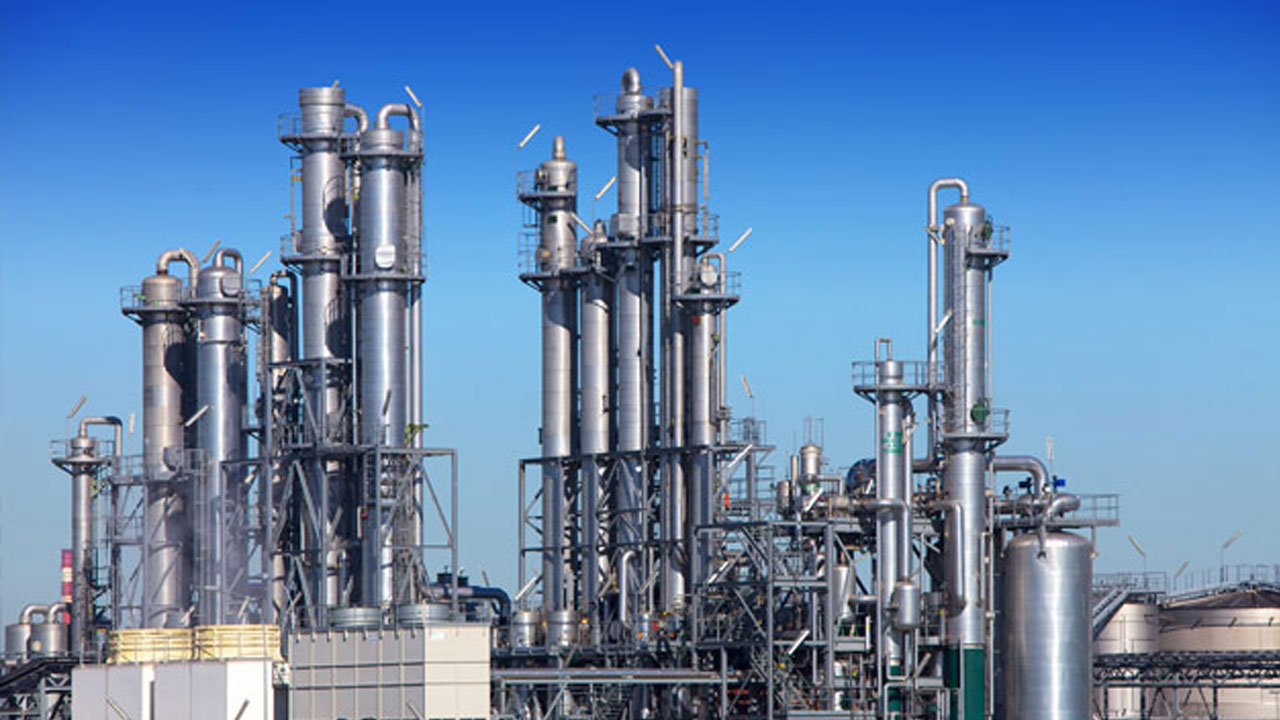- Investors to Build two Refineries in P’Harcourt, Warri –NNPC
The Nigerian National Petroleum Corporation on Thursday said two private Nigerian companies had been selected to build two refineries in Port Harcourt and Warri under the co-location initiative of the Federal Government.
The co-location initiative, introduced by the Minister of State for Petroleum Resources, Dr. Ibe Kachikwu, seeks to ensure that new refineries are set up to share infrastructure with the nation’s existing refineries in Port Harcourt, Kaduna and Warri, as part of measures to ramp up local refining capacity.
The Chief Operating Officer, Refining and Petrochemical, NNPC, Mr. Anibor Kragha, said at the AECN conference in Lagos, that the NNPC had identified two private companies that would build the refineries under the co-location initiative.
He said one of the companies, the LRR Group, would build 117,000 barrel per day refinery near the Warri refinery, while the other, identified as JALEMBA, would build 100,000 bpd refinery near the Port Harcourt refinery.
He said, “The reality of the situation is that studies have been done and by 2025, the actual projected petrol consumption in Nigeria is estimated to be about 41 million litres per day. Now, the three refineries at full capacity will deliver about 50 per cent of that. Dangote refinery, I understand, will deliver about 95 per cent of that when it comes on stream.
“That is where the whole idea of becoming a net exporter of petrol is coming from – if the three refineries operate at full capacity and Dangote also comes on stream,” Kragha said.
According to him, the NNPC is searching for financiers with technical expertise to rehabilitate the existing refineries within the next 24 months.
“On co-location, a 100,000 barrel per day refinery will be co-located in Port Harcourt refinery; there is also a 117,000 barrel per day in Warri,” he said.
The minister, in his keynote address, said the Federal Government was working out modalities to provide funding to promoters of modular refineries.
Kachikwu, who was represented by the Deputy Director in charge of Engineering Standard at the Department of Petroleum Resources, Mr. Olumide Adeleke, said funding was the major challenge hampering the effective take-off of the construction of the new refineries.
He said, “On the concept for co-location of refineries, we have moved from our initial model, which involved co-locating brownfield refineries with the existing refineries to the co-location of brand new (greenfield) refineries. The overall concept remains the same – pipelines, jetties, and where possible, storage tanks would be jointly invested in and shared.”

 Naira4 weeks ago
Naira4 weeks ago
 Naira4 weeks ago
Naira4 weeks ago


 Naira4 weeks ago
Naira4 weeks ago




 Naira3 weeks ago
Naira3 weeks ago
 Commodities4 weeks ago
Commodities4 weeks ago


 News4 weeks ago
News4 weeks ago


 Banking Sector4 weeks ago
Banking Sector4 weeks ago
 Travel4 weeks ago
Travel4 weeks ago
























